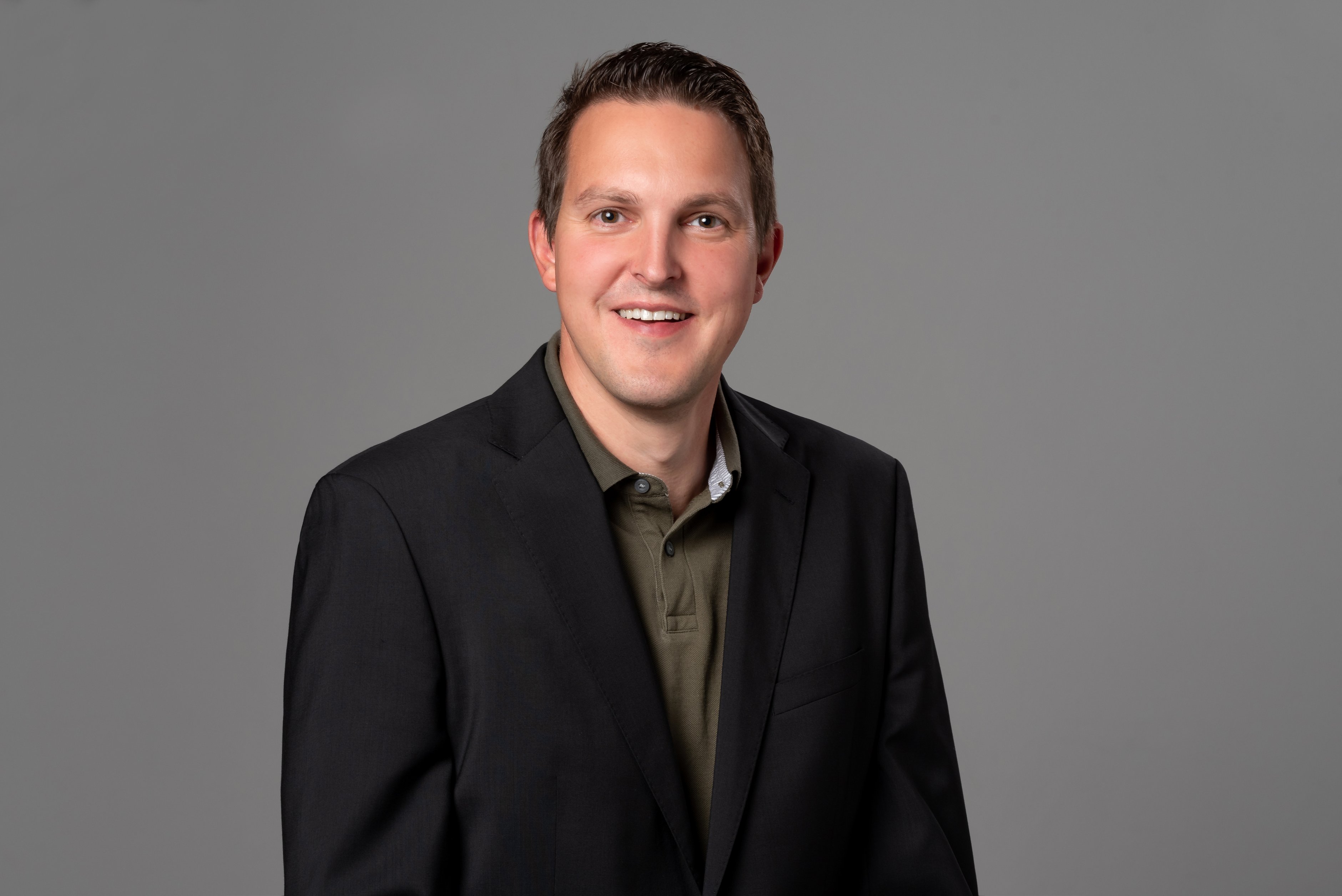What did you study?
I studied statistics at the TU Dortmund University.
In which subject area did you do your doctorate, and what did you research?
I did my doctorate at the Institute of Economics in the Department of Marketing on the topic of "Multimodal and Nested Preference Structures in Choice-Based Conjoint Analysis: A Comparison of Bayesian Choice Models with Discrete and Continuous Representations of Heterogeneity".
What is your current job like?
Since January 2022, I have been Head of the Data Acceptance Office at the Lower Saxony Clinical Cancer Registry (KKN). One of the core tasks of the KKN is to collect and evaluate data on oncological care in Lower Saxony as completely as possible. All doctors working in oncology in Lower Saxony are required to report data in accordance with the Lower Saxony Clinical Cancer Registry Act and must submit electronic reports on diagnoses, treatment steps and follow-up care through to relapses and deaths via a web-based reporting portal operated by the KKN; this applies to both outpatients and inpatients. The data acceptance point (also known as the trust area) is divided into two teams (the report processing team and the reporting matters team). In the report processing team, the reports are checked for plausibility on a rule-based and partially automated basis. The Reporting Matters team is responsible for billing the health insurance funds and the individual reporting offices, as well as for reporting administration (registration of doctors, monitoring, etc.). In addition, the KKN provides data for oncological quality assurance or for research purposes. For this purpose, the data applications are processed and checked in the confidential area. I also supervise Bachelor's and Master's theses, e.g. in cooperation with Hanover University of Applied Sciences and Arts.
Did you spend time abroad during your studies or doctorate?
No.
Were you also involved in (voluntary) work?
I was a member of the Faculty Council (Faculty of Energy and Economic Sciences)
Did you participate in interdisciplinary continuing education programs?
No.
What language skills do you need in your job today?
German and English
Did you gain any practical experience during your studies?
I worked as a student assistant at clickworker GmbH during the first semester of my studies, which was still a start-up company at the time. I was then employed as a student assistant in the Department of Hygiene, Social and Environmental Medicine at Ruhr University Bochum, where I also wrote my thesis. Here I developed spatial statistical models and applied them to register data to analyze the influence of perfluorinated surfactants on the birth weight of newborns.
What did you benefit from most in your job?
Methodological knowledge, scientific work, logic, dealing with large amounts of data, but also things like empathy, teamwork, self-reflection, initiative and curiosity
What do you need in your job today that you didn't learn during your studies/doctorate?
Due to the management function in general, the work with many different committees, but also the contact with many doctors, a lot of soft skills are necessary.
Furthermore, the work in the cancer registry is very political (e.g. through regular meetings with the Ministry of Social Affairs, Labor, Health and Equality) and requires the review, understanding and adaptation of many legal texts. In addition, I had no contact with medical issues during my doctorate.
Is there anything you would like to pass on to our graduates?
I didn't take part in any interdisciplinary continuing education programs in Clausthal. Today, I would especially take courses on personal and career development. Otherwise, I believe that Clausthal University of Technology offers an excellent environment to develop professionally and personally for the future. I have definitely not regretted coming to Clausthal and have many fond memories of my time there.

